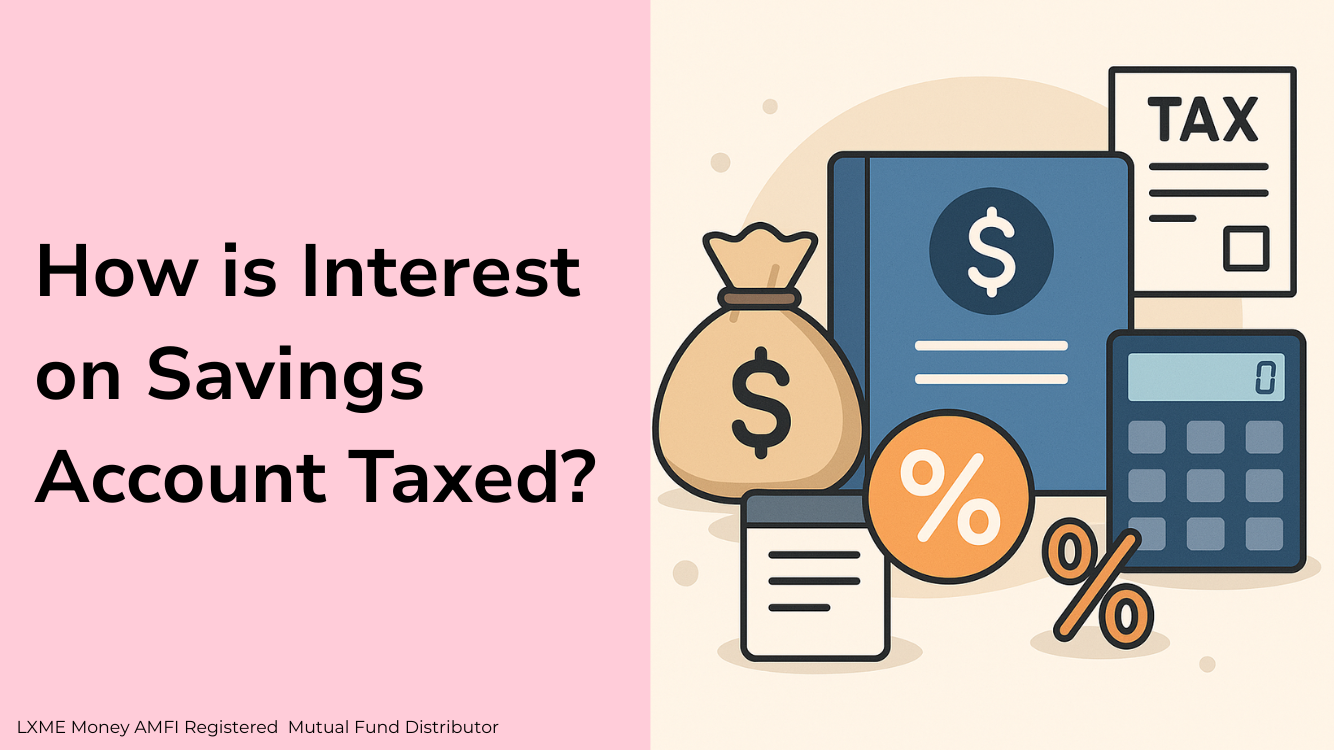Encouraging kids to invest early is a great way to teach them about financial responsibility and the power of compound interest. The younger they start, the better – so teach ‘em young. Here are some steps you can take to help kids get started with investing:
1. Educate them about basic financial concepts:
Begin by explaining the concept of money, savings, and how investments work. Teach them about the benefits of investing early, such as compound interest and long-term growth.
2. Set financial goals:
Help kids establish financial goals, whether it’s saving for a specific item like that PS4 they always wanted or a long-term objective like investment for college education. This will give them a purpose and motivation to invest.
3. Teach them about different investment options:
Introduce the various investment vehicles available, such as stocks, bonds, mutual funds, or exchange-traded funds (ETFs). Explain the risks and rewards associated with each option, considering their age and risk tolerance.
4. Start with small amounts:
Begin by investing small amounts of money to reduce the risk and emphasize the learning aspect. Let them contribute their own money, such as allowances or earnings from part-time jobs or internships, to foster a sense of ownership.
5. Choose investments together:
Involve your child in the investment decision-making process. Discuss potential investment options, analyze companies, and consider their interests. This will help them learn critical thinking skills and develop an understanding of investment research.
6. Monitor and track progress:
Regularly review the investments with your child. Show them how their investments are performing and discuss the impact of market fluctuations. Use this as an opportunity to teach them about patience and the long-term nature of investing.
7. Encourage saving and investing habits:
Teach kids the importance of saving and investing consistently. Encourage them to allocate a portion of their earnings or gifts toward their investment account. Consider matching their contributions to motivate them further. Provide them with positive reinforcement whenever they save or invest. Afterall, the validation that most people seek comes from their primary caregivers i.e. their parents.
8. Focus on financial literacy:
Continuously educate your child about personal finance and investing. There are various online resources, books, and games available that can help teach financial literacy in an engaging way. Let them join the safe women-only Lxme community to start conversations around money.
9. Be a role model:
Kids learn what they see so it is important to show your child the importance of investing by setting an example. Let them see you managing your own investments responsibly and discussing financial decisions openly.
Remember, investing involves risk, and it’s essential to ensure that kids understand this aspect. Emphasize the long-term nature of investing and the need for patience. By starting early and providing guidance, you can help children develop a healthy financial mindset and lay the foundation for their future financial well-being.












